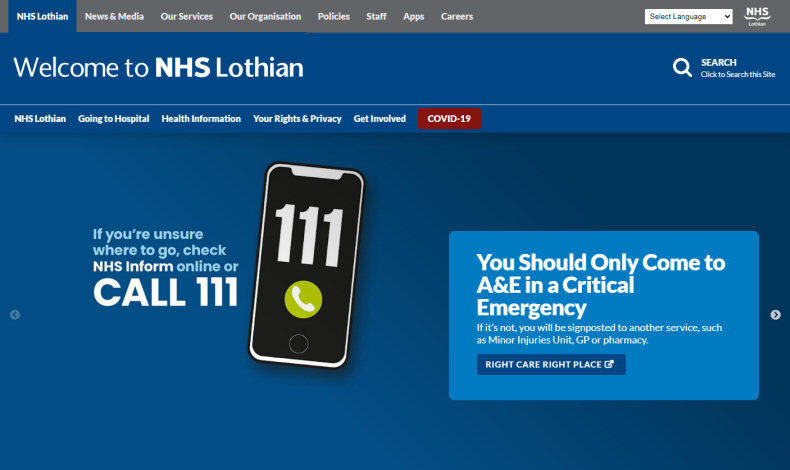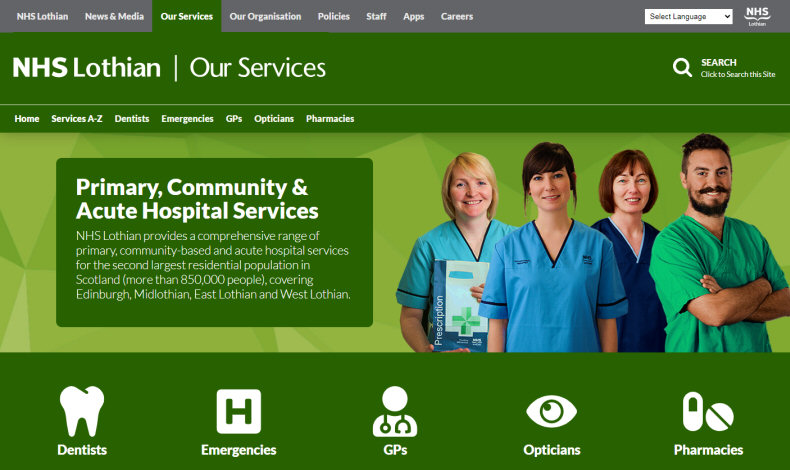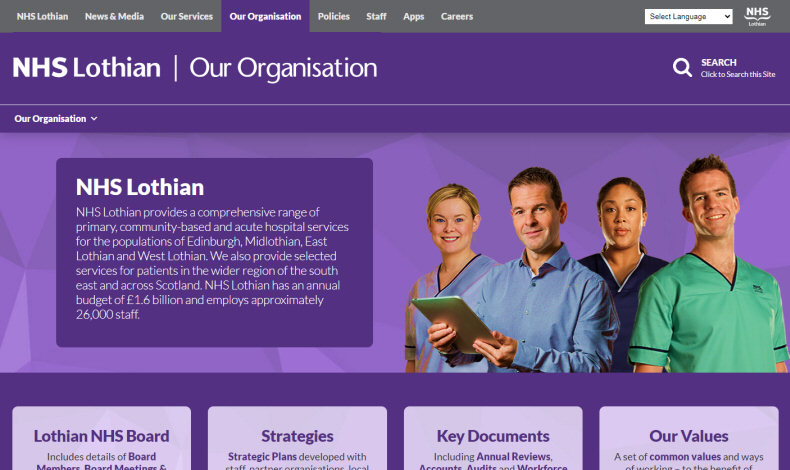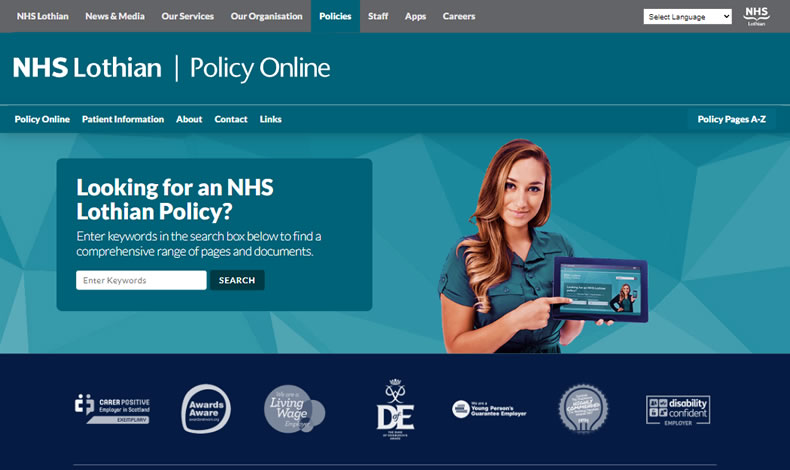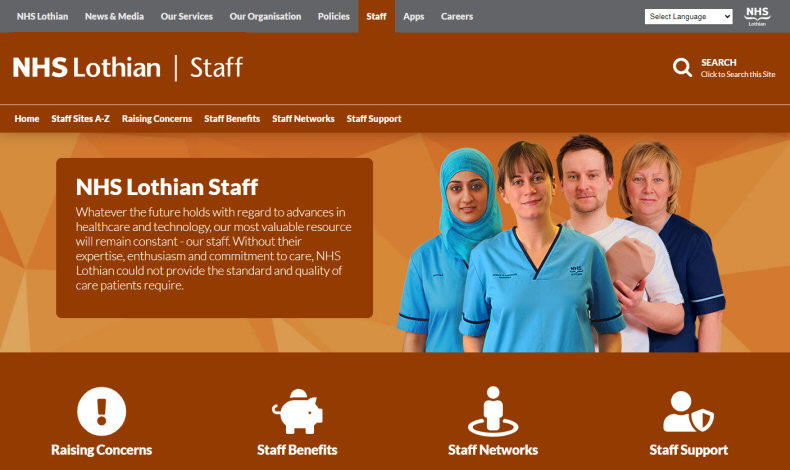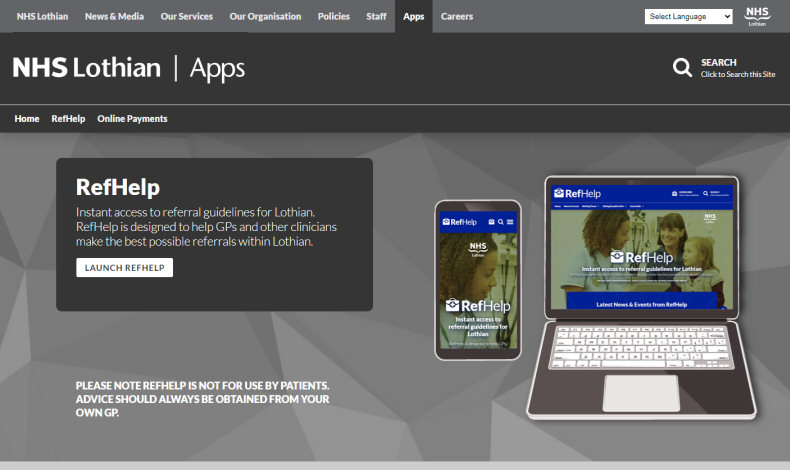https://services.nhslothian.scot/cypot/general-information/
Occupational Therapy Information for Schools We work closely with schools to help children with occupational therapy (OT) needs reach their full potential in the classroom. Occupational Therapy supports children who may have difficulties with everyday school activities like writing, organising tasks, paying attention, or socializing with peers. By working together, we can ensure every child
https://services.nhslothian.scot/carehomes/quality-improvement-team/quality-improvement-information/
The term quality improvement (QI) may sound a little intimidating but this page aims to dispel that feeling by giving you a basic introduction to quality improvement so you can understand more about it and what it involves. The page has been created by NHS Lothians Quality Improvement Team for Care Homes and Primary Care
https://services.nhslothian.scot/geneticservice/oncology-service/
The South East of Scotland Oncology Cytogenetics is a specialist regional service, which provides genetic testing to aid diagnosis of leukaemia and other tumours, to hospitals in Edinburgh, West Lothian, Fife and the Borders. Malignant diseases are often classified by their genetic abnormalities and certain cytogenetic tests are essential for the optimal diagnosis and treatment
https://services.nhslothian.scot/neuropsychology/managing-cognitive-changes/
Cognition involves a range of different thinking abilities, including those mentioned below, and many more. Sometimes a neurological condition can affect the way these thinking abilities work, causing difficulties in aspects of our lives. On this page, you can find information about some of the different brain areas, thinking abilities and useful strategies for dealing
https://services.nhslothian.scot/neuropsychology/emotional-well-being/
It is natural for people to go through periods of feeling worried or low, irritated or tired. Being diagnosed and living with a neurological condition can be difficult. Coming to terms with such illnesses and adapting to the changes that may be required can be hard. Some common emotional difficulties experienced by people living with a neurological condition include: Low mood or depression Worry
https://services.nhslothian.scot/stroke/services/hospital-services/stroke-tia-clinic-visit/after-the-visit/
The doctor will write a letter to your GP and any other doctor involved in your care. This will normally simply be a record of what has happened in the clinic with any suggestions for future treatment. Your doctor will normally get this first letter within a week. Ask the clinic doctor if you would
https://services.nhslothian.scot/stroke/services/hospital-services/stroke-tia-clinic-visit/what-to-expect/
If you have not been to the clinic before the nurse will take you into the treatment room. She will measure your height, weight and blood pressure. The doctors in the clinic collect a lot of information about you. They will usually enter this information into a computer on their desk during your appointment. This
https://services.nhslothian.scot/hcprofessionsresearch/first-steps-into-research/
APPLICATIONS FOR COHORT 4 OF THE GATEWAY AWARDS ARE NOW CLOSED. APPLICATIONS FOR COHORT 5 WILL BE ANNOUNCED TOWARDS THE END OF 2025 This is a 12-day structured research experience taken flexibly over 12 months for early career professionals to become embedded in an established research team in higher education and/or the NHS to participate

